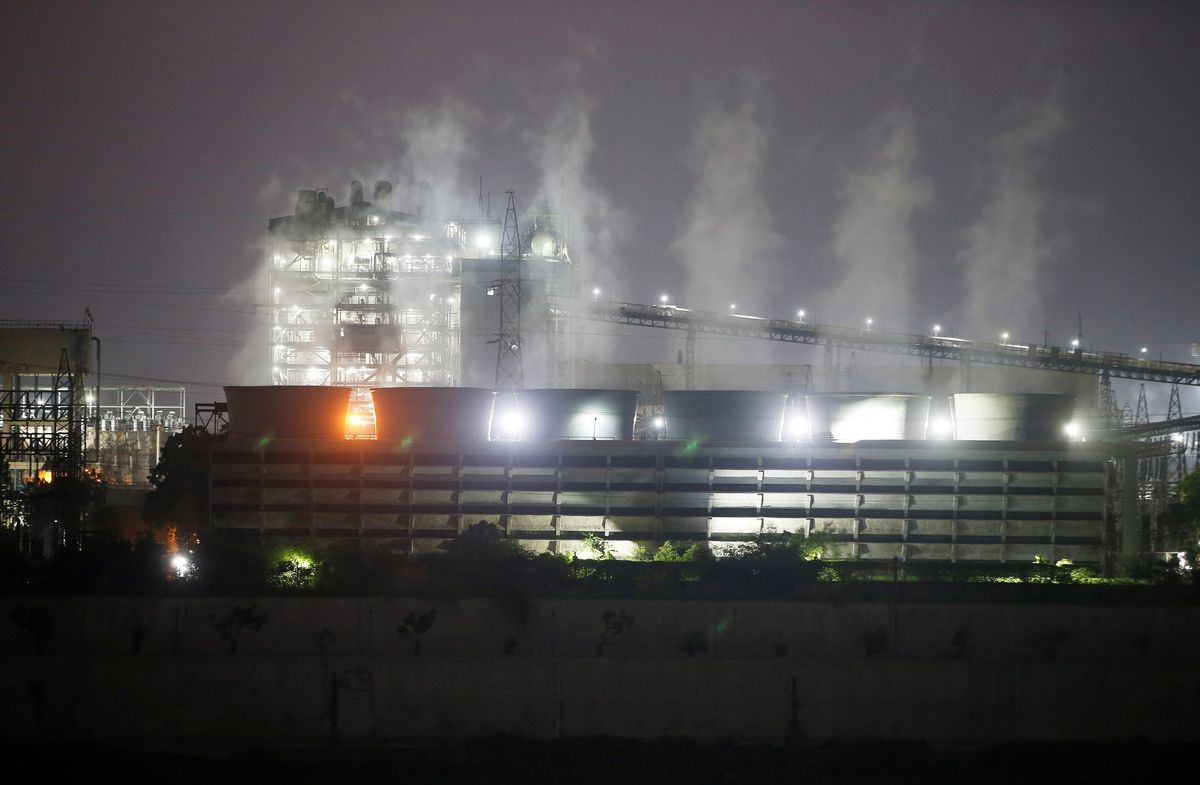The UN says our current climate pledges aren’t enough to avoid a disastrous climate breakdown

A few minutes every morning is all you need.
Stay up to date on the world's Headlines and Human Stories. It's fun, it's factual, it's fluff-free.
We’ve been seeing the effects of climate change all around the world in a big way. Freak weather events have been disastrous, from the drought crisis in China to massive hurricanes in Central America to historic heat waves in Europe. With the COP27 climate conference coming up in just a couple of weeks, the world really needs to move toward sustainability by limiting greenhouse gas emissions. Global temperatures have already risen about 1.2 Celsius above pre-industrial levels.
The UN released a new report saying that the world’s climate plans aren’t enough to limit rising temperatures to 1.5 Celsius, the number set in the 2015 Paris Agreement. By the terms of current pledges, we’re actually headed toward a global heating of 2.5 Celsius, which would lead to a catastrophic climate breakdown. So, countries need to make deeper cuts in emissions to subdue this rise. A few countries, like Australia and Indonesia, have already improved their climate action plans since COP26. But more have to get on board.
Key comments:
“We are still nowhere near the scale and pace of emission reductions required to put us on track toward a 1.5 degrees Celsius world,” Simon Stiell, executive secretary of UN Climate Change, said in a statement. “To keep this goal alive, national governments need to strengthen their climate action plans now and implement them in the next eight years.”
“These reports sound the alarm that progress on climate commitments has slowed to a crawl since the Glasgow climate summit last year. While new targets that came in from countries like Australia and Indonesia offer some momentum, on the whole national climate targets put the world on track to warm 2.4-2.6 C, which is dangerously high,” explained Taryn Fransen, a senior fellow at the World Resources Institute.
“Despite the huge growth in both wind and solar capacity over the past 20 years, renewables have not kept pace with growing demand for power,” said Niklas Höhne of the NewClimate Institute. “To decarbonise society, the share of zero-carbon sources in electricity generation must accelerate exponentially to tackle the climate crisis. This can only be achieved with a commensurate and rapid phase out of fossil power.”




Comments ()